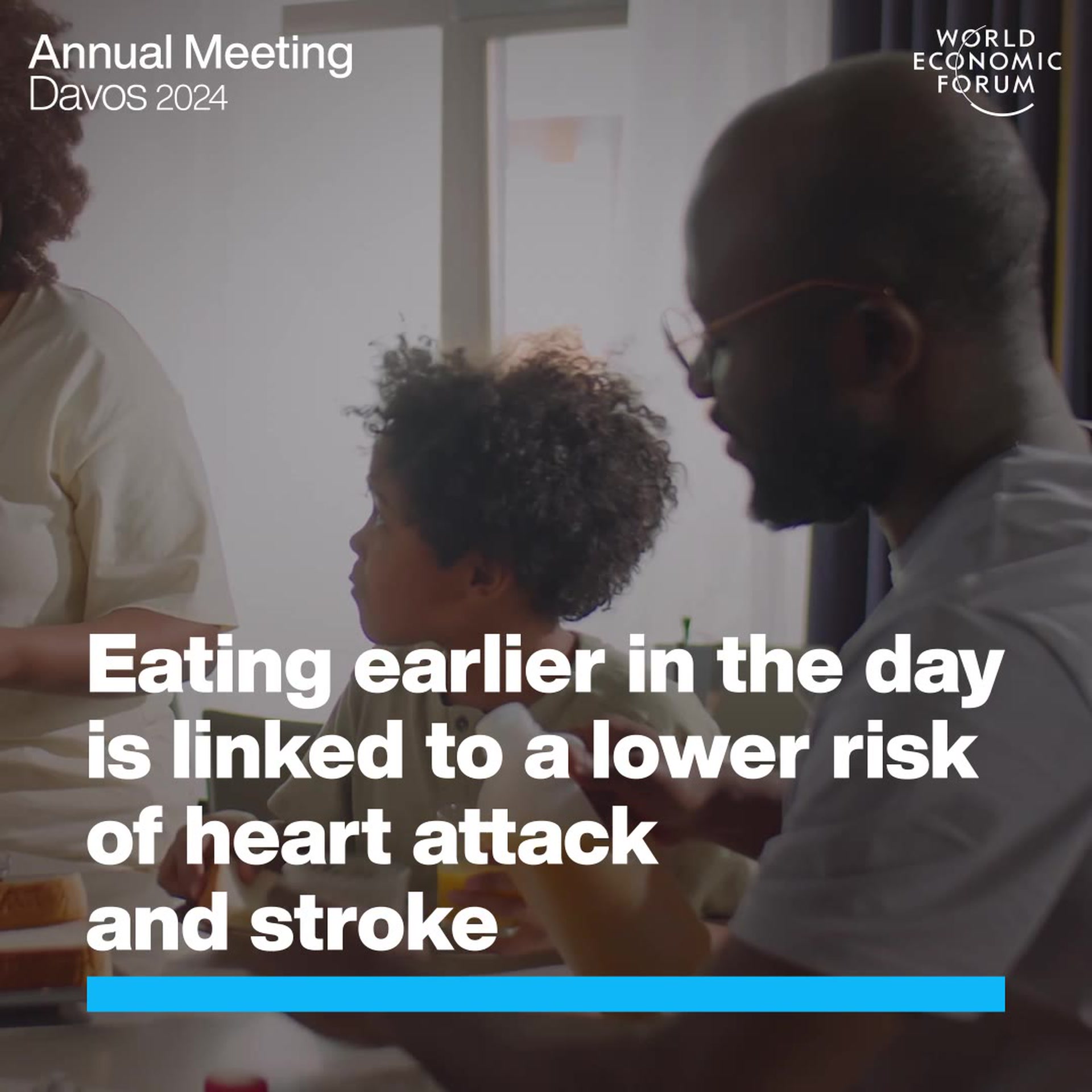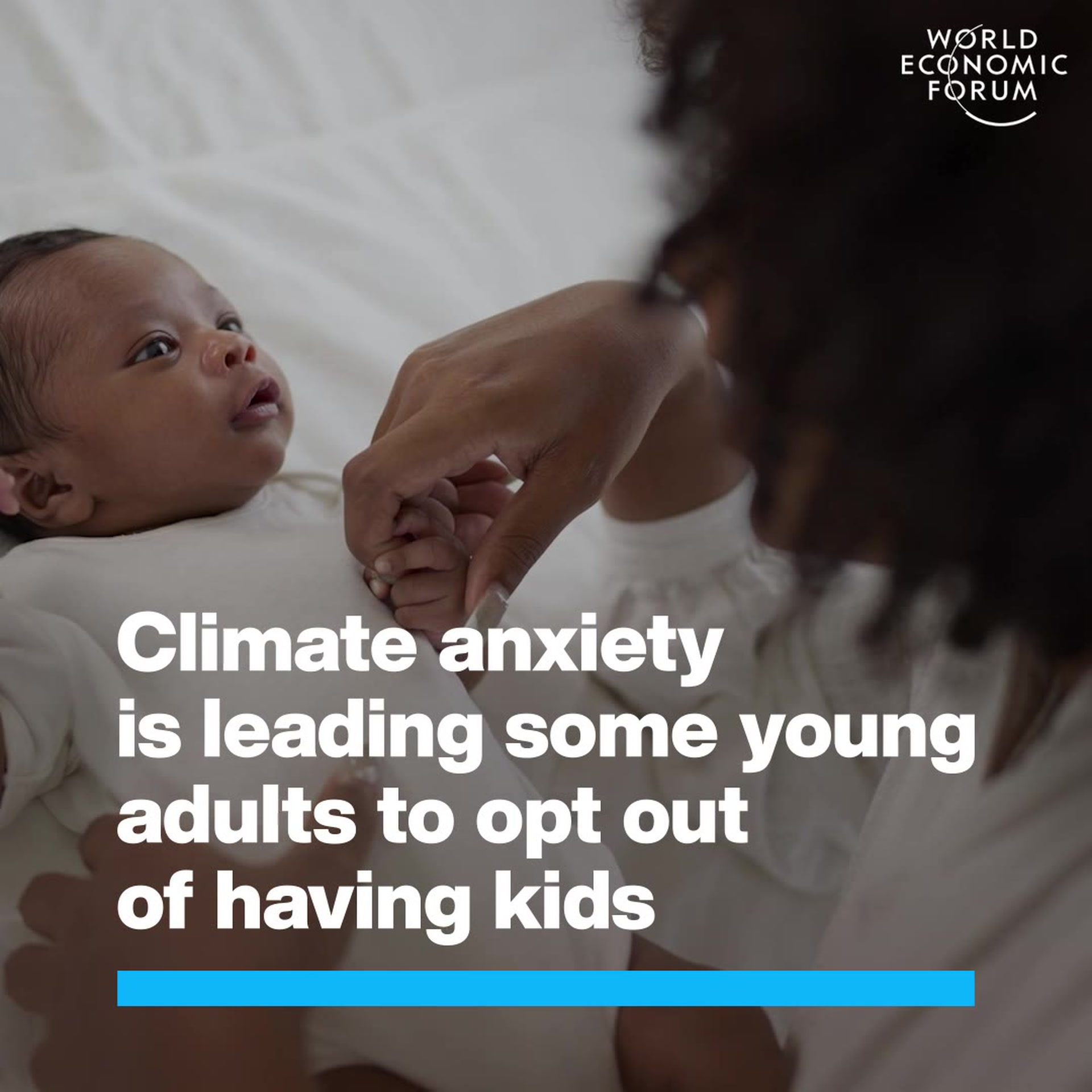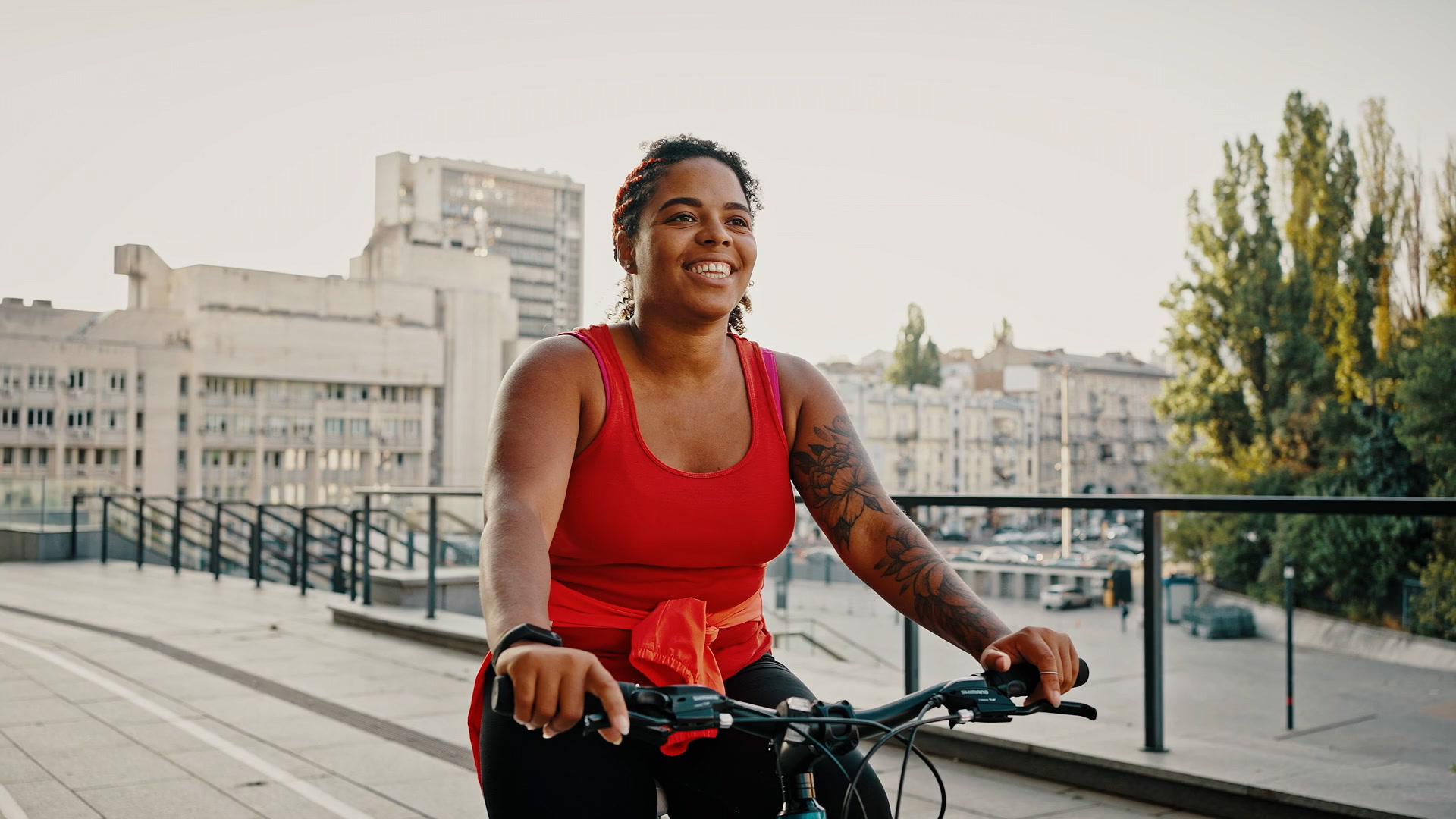You may have already decided to read this article

Yale psychologists have looked at how we make decision and choices. It turns out they might not be as conscious as we think. Image: REUTERS/Chris Helgren

Get involved with our crowdsourced digital platform to deliver impact at scale
Stay up to date:
Behavioural Sciences
Sometimes, decisions we believe we make consciously, such as clicking on a link on a webpage or reaching for a cup of coffee, have already been made — a trick of the mind that may happen more than we think, new research by Yale University psychologists suggest.
“Our minds may be rewriting history,” said Adam Bear, a Ph.D. student in the Department of Psychology and lead author of the paper published April 28 in the journal Psychological Science.
Bear and Paul Bloom performed a couple of simple experiments to test how we experience choices. In one experiment, participants were told that five white circles would appear on the computer screen in front of them and, in rapid-fire sequence, one would turn red. They were asked to predict which one would turn red and mentally note this. After a circle turned red, participants then recorded by keystroke whether they had chosen correctly, had chosen incorrectly, or had not had time to complete their choice.
The circle that turned red was always selected randomly, so probability dictates that participants should predict the correct circle 20% of the time. But when they only had a fraction of a second to make a prediction, these participants were likely to report that they correctly predicted which circle would change color more than 20% of the time. In contrast, when participants had more time to make their guess — approaching a full second — the reported number of accurate predictions dropped back to expected levels of 20% success, suggesting that participants weren’t simply lying about their accuracy to impress the experimenters.
What happened, Bear suggests, is that events were rearranged in subjects’ minds: People subconsciously perceived the color red before they predicted it would appear, but consciously experienced these two things in the opposite order. The conscious experience of choice may be constructed after we act — even when it feels like it is the cause of our behavior, say the researchers.
Bear and Bloom’s research builds on past work suggesting that many decisions seem to be under more conscious control than they actually are. In many cases, consciousness may simply be window dressing, note the researchers.
Bear said it is unknown whether this illusion is caused by a quirk in perceptual processing that can only be reproduced in the lab or whether it might have “far more pervasive effects on our everyday lives and sense of free will.”
Don't miss any update on this topic
Create a free account and access your personalized content collection with our latest publications and analyses.
License and Republishing
World Economic Forum articles may be republished in accordance with the Creative Commons Attribution-NonCommercial-NoDerivatives 4.0 International Public License, and in accordance with our Terms of Use.
The views expressed in this article are those of the author alone and not the World Economic Forum.
The Agenda Weekly
A weekly update of the most important issues driving the global agenda
You can unsubscribe at any time using the link in our emails. For more details, review our privacy policy.
More on Behavioural SciencesSee all
Peter Dizikes
November 27, 2023
Aaron De Smet and Patrick Simon
September 25, 2023
Kate Whiting and Kateryna Gordiychuk
September 6, 2023






